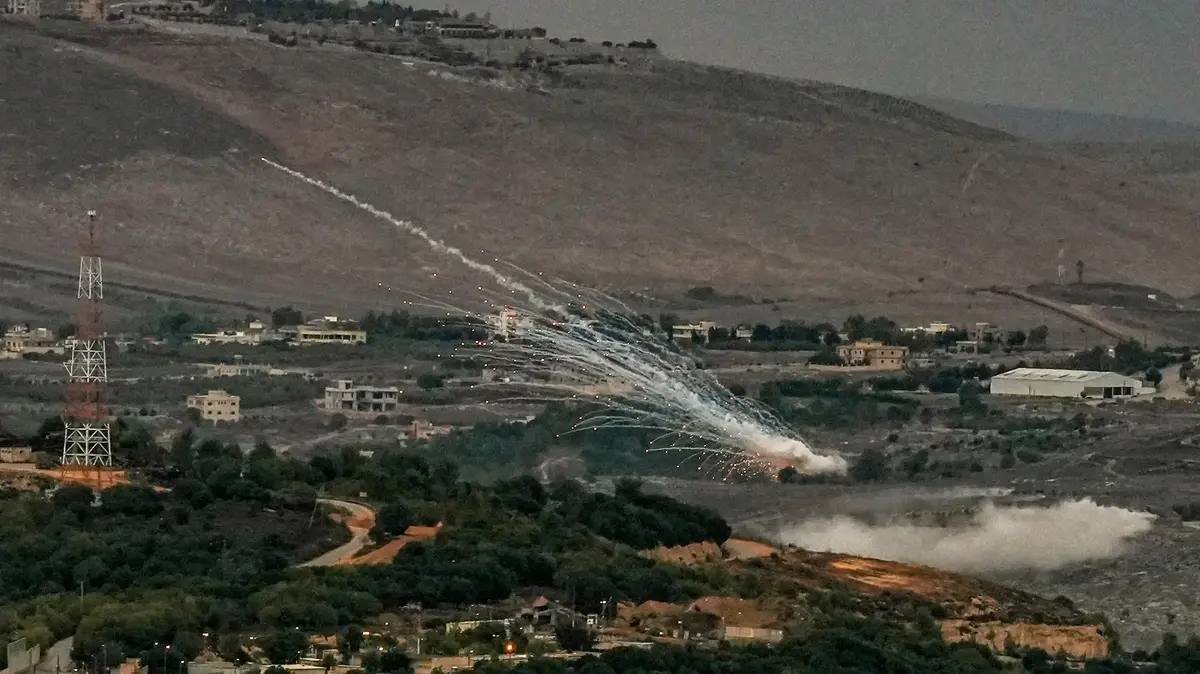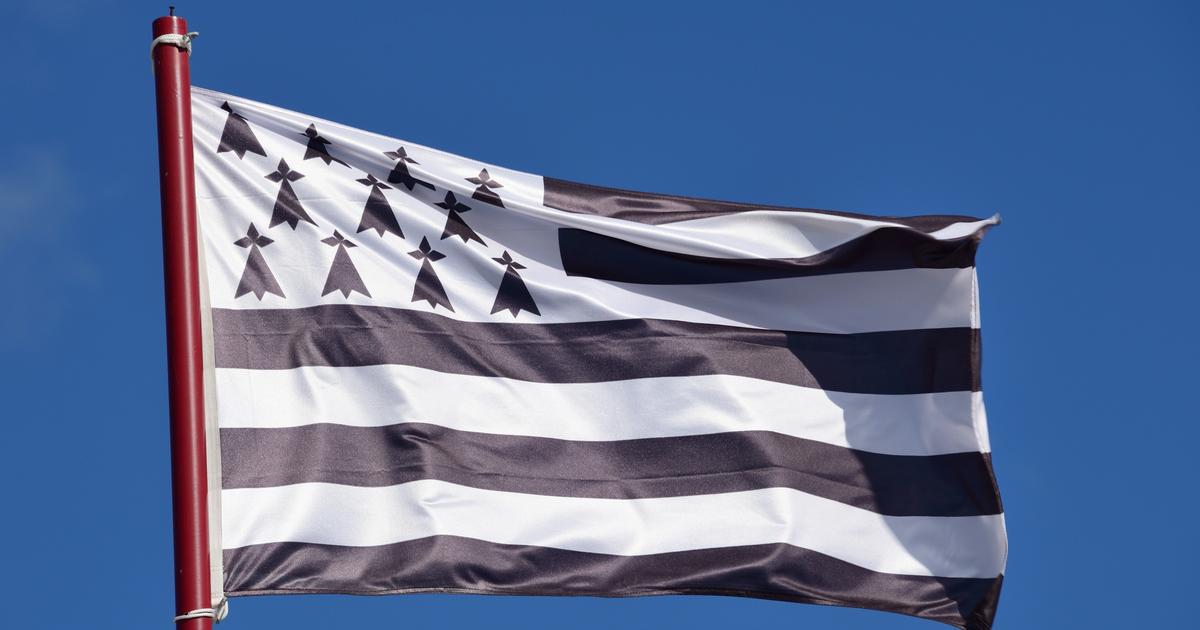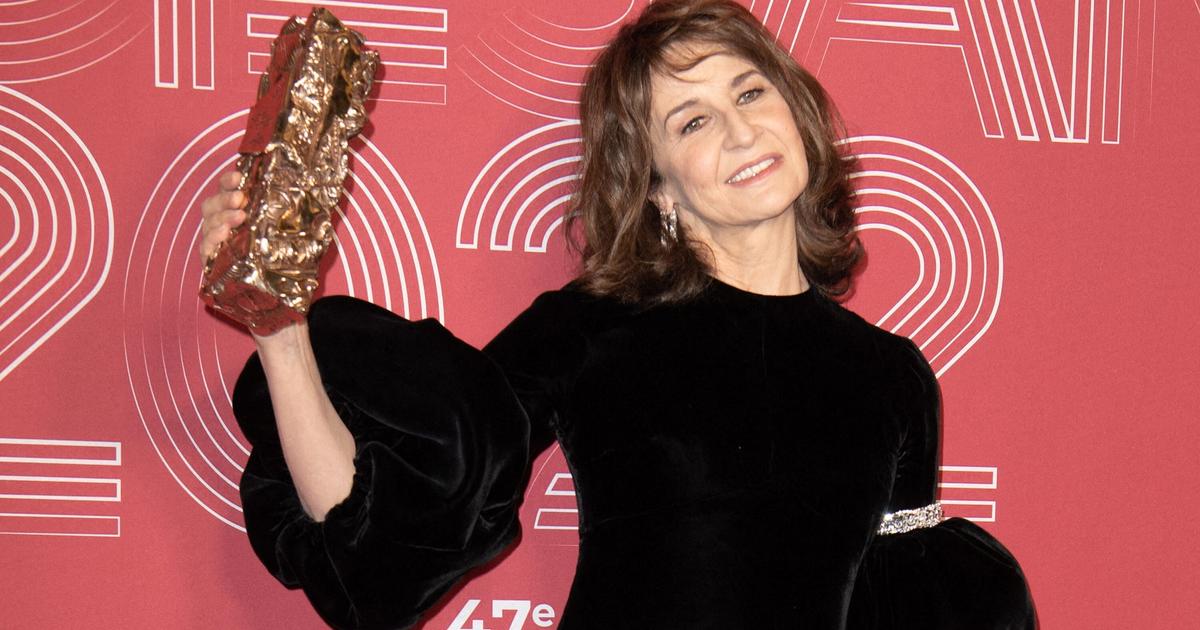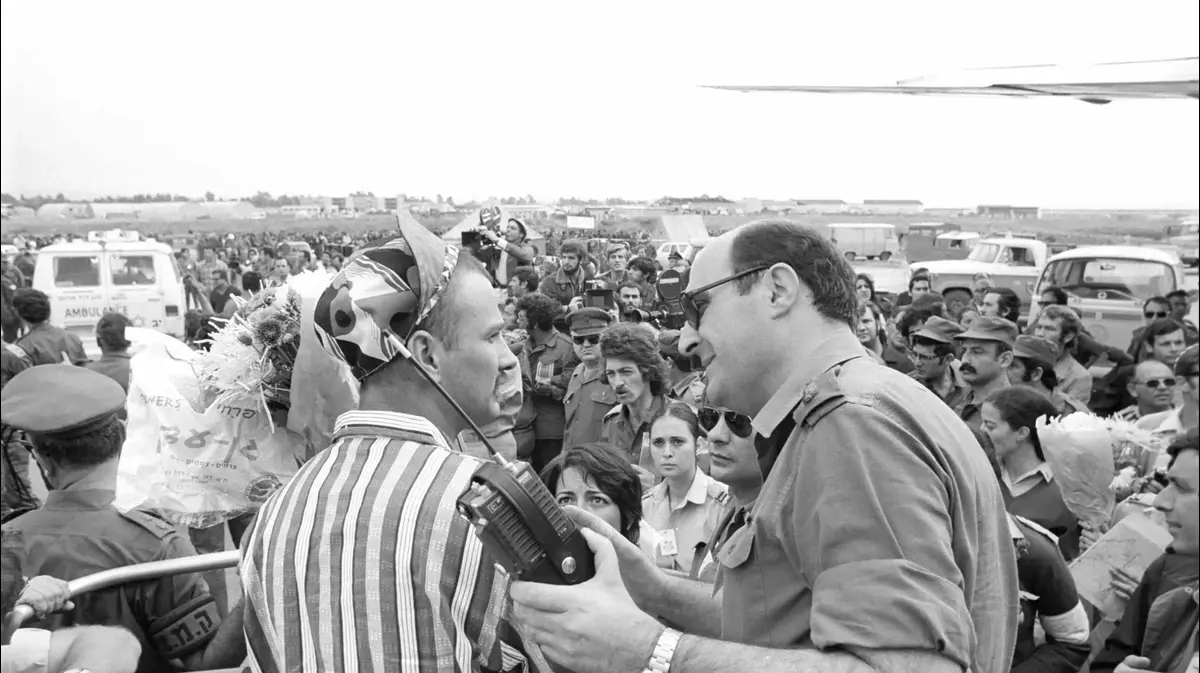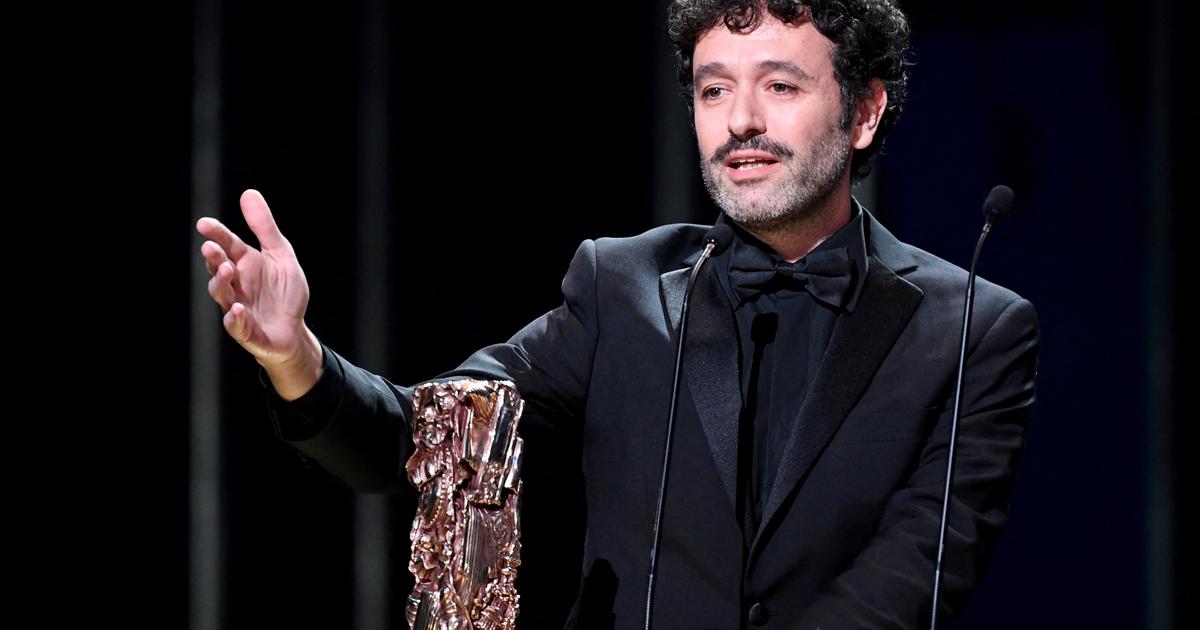Damascus-SANA
The writer Hassan Ibrahim Samoun devoted most of his time nine years ago to the Open Syrian Diwan project, collecting poetic, prose and short stories by writers from Syria, the Arab world and around the world.
The second part of the recently published Diwan, Simon describes as a national and literary work that is open to every honest and patriotic voice and to all literary colors that document and monitor the Syrian situation honestly.
Through the launch of the Syrian Diwan, Semaoun believes in the role of documentary literature, recalling in this regard the great poetic epics of the Indians, Persians, and Greeks, and the popular biographies of the Arabs that immortalized the civilizations of these nations.
The second part of the Diwan, the proceeds of which were allocated to the families of the martyrs and the wounded, contains 200 literary contributions in vertical poetry, ta’feelah and high prose, as Samaoun called them, in addition to the short and very short story.
And the Syrian Open Diwan, whose texts were helped by Syrian and Arab writers, poets and critics, was not the first that they heard about this type of collective book. to war on Syria.
When browsing the Diwan, we find in the section devoted to vertical poetry 82 poems by poets from Syria, Iraq, Palestine, Sultanate of Oman and Algeria. At the hands of ISIS terrorists and the sacrifices of the Syrian Arab Army, Burhan Shaleel, Muhammad Hassan Ali, Sharif Qassem and Yassin Aziz Hammoud.
As for the second section of the Diwan, which is devoted to the poetry of Al-Tafilah, it included 43 poems by poets from Syria, Palestine, Lebanon, Jordan and Algeria. Shalash Al-Daher, Ahmed Abu Salim, and others sculpting music and lyricism, such as Anton Hanna Azer and Ahlam Banawi, or dealing with contemporary problematic issues such as Muhammad Khaled Al-Khidr.
In the section devoted to short stories, we find 30 texts, all centered on the subject of war and the various effects resulting from it in different ways, from the descriptive poetic style, as in the stories of Ahmed Ziyad Mahbek and Amal Shalhoub, the critical social style of Jamil al-Hassan and Naboug al-Asaad, and the innovative form, as in the story of Daoud Abu Shakra, with remarkable experiences for children. Elias Ghosn, Maryam Khader and Hanin Omran.
The section of the very short story included 18 texts by writers from Syria, Lebanon and Algeria, and most of them were dominated by the humanitarian issue, as in the stories of Samir Daas, Suheir Mustafa and Samar Taghbi, but some of them differed from the prevailing form in this literary genre in terms of large size. happiest.
The last section of the Diwan, which was devoted to different texts, included 16 texts by writers from Syria, Palestine, Egypt, Algeria, Morocco, Turkey, France and Australia, with different forms of prose text with poetic language, as in Ikram Amara and Rafif Muhanna, and the open literary text as in Joanna Ihsan Ablahed, poetic paradox and the text of Muhammad Issa as an example. And texts that combined prose and rhyme, as in Samir Salloum and Samer Mansour, and the prose poem in its usual form, which was manifested in Tehran by Sarim and Fateh Kulthum.
The Open Syrian Diwan, Part Two, is issued by Dar Baal and is 479 pages long.
Samer Alshghari


